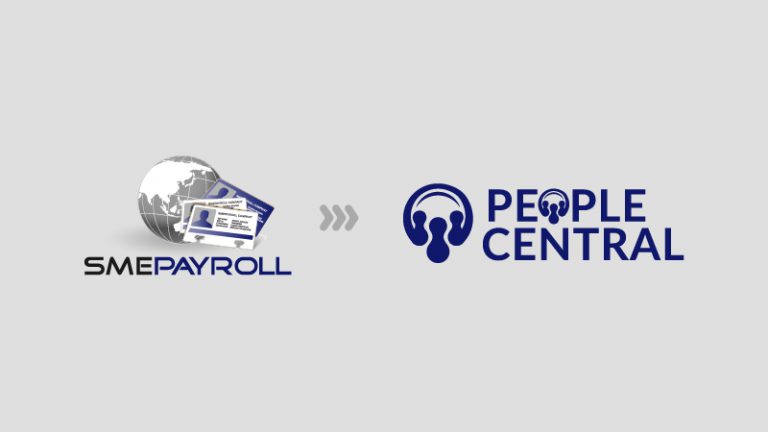For SMEs, payroll tax compliance is a critical aspect of maintaining financial stability and avoiding legal issues. Navigating through the complexities of payroll taxes can be daunting, but with the right strategies and knowledge, SMEs can ensure compliance and financial clarity. This article serves as a comprehensive guide to help SMEs understand and manage payroll tax compliance effectively.
Table of Contents
Navigating Payroll Tax Compliance for SMEs
The Importance of Payroll Tax Compliance
Payroll tax compliance involves accurately calculating and remitting taxes on employee wages to governmental authorities. Non-compliance can lead to substantial fines and legal consequences.
Key Components of Payroll Taxes
- Employee Income Tax: Deducting and remitting federal and state income taxes based on employees’ earnings.
- Social Security and Medicare Taxes: Withholding and submitting a percentage of employees’ wages for social security and Medicare programs.
- Unemployment Taxes: Contributions to state unemployment insurance programs.
Strategies for Successful Compliance
- Accurate Record-Keeping: Maintain accurate records of employee wages, tax withholdings, and relevant documents.
- Regular Training: Train HR and payroll teams to stay updated on tax regulations and compliance requirements.
- Advanced Payroll Software: Utilize reliable payroll software to automate calculations and tax filings.
- Third-Party Support: Consider outsourcing payroll to experts who specialize in tax compliance.
- Periodic Audits: Conduct regular internal audits to identify and rectify compliance gaps.
Expert Insights
“Payroll tax compliance requires a proactive approach. Staying informed about changing tax laws and leveraging technology are crucial for SMEs to manage compliance effectively.” – Jane Smith, Payroll Tax Consultant.
The Role of Technology in Payroll Tax Compliance
Payroll Software Benefits
- Automated Calculations: Payroll software automates tax calculations, reducing the risk of errors.
- Tax Remittance: The software generates tax reports and facilitates easy tax remittance.
- Compliance Alerts: Automated alerts keep SMEs informed about upcoming deadlines and changes in tax regulations.
Dedicated Tax Compliance Tools
- Tax Calculators: Tools that calculate accurate tax withholdings based on current regulations.
- Tax Filing Software: Streamlines the process of submitting tax forms and payments to authorities.
Conclusion
Navigating payroll tax compliance is essential for the financial health and legal standing of SMEs. By embracing accurate record-keeping, leveraging technology, and staying informed about tax regulations, SMEs can maintain transparency, avoid penalties, and ensure a solid financial foundation.
FAQs
Ques 1. What are payroll taxes?
Ans 1. Payroll taxes are taxes withheld from employees’ wages for income tax, social security, Medicare, and unemployment insurance.
Ques 2. How can SMEs ensure accurate tax withholdings?
Ans 2. SMEs can utilize advanced payroll software that automates accurate tax calculations.
Ques 3. What happens if an SME fails to comply with payroll tax regulations?
Ans 3. Non-compliance can lead to fines, penalties, and legal consequences for the SME.
Ques 4. Is outsourcing payroll a viable option for compliance?
Ans 4. Yes, outsourcing payroll to experts can ensure accurate tax filings and compliance.
Ques 5. How can SMEs stay informed about changing tax regulations?
Ans 5. Regular training, expert consultations, and monitoring governmental updates are effective strategies.
Ques 6. Can technology completely eliminate compliance risks?
Ans 6. While technology reduces risks, SMEs should still stay informed and conduct periodic internal audits.






















Leave feedback about this